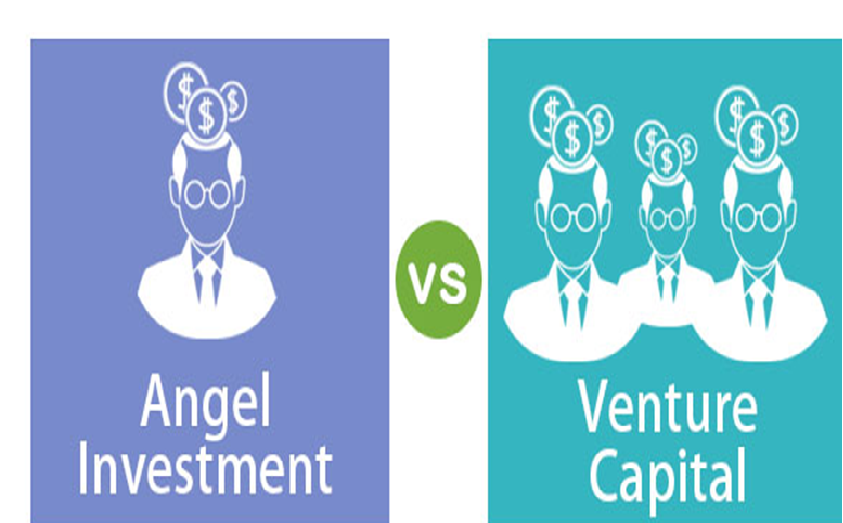Introduction:
In the dynamic realm of entrepreneurship, securing funding is often a pivotal step in turning innovative ideas into thriving businesses. Two prominent avenues for raising capital are Venture Capital (VC) and Angel Investment. While both options offer financial support to startups, they differ significantly in their structures, processes, and implications. In this blog post, we will explore the distinctions between Venture Capital and Angel Investment to help aspiring entrepreneurs make informed decisions.
Venture Capital:
Venture Capital is a form of private equity financing that involves professional investors pooling funds to support promising startups with high growth potential. VC firms typically manage large funds contributed by institutional investors, such as pension funds and endowments. The investment process is meticulous, involving rigorous due diligence and negotiation before funds are injected into the chosen startups.
Advantages of Venture Capital:
Expertise and Guidance: Beyond capital injection, Venture Capitalists often bring a wealth of experience, industry knowledge, and valuable connections to the table. Their guidance can significantly enhance the strategic direction of a startup.
Scale and Growth: Venture Capital is well-suited for businesses with scalable models and the potential for rapid growth. VC funding allows startups to access substantial capital to scale operations, expand market reach, and accelerate product development.
Risk Mitigation: Venture Capitalists spread their investments across a diverse portfolio, mitigating risk. While not all startups may succeed, successful exits compensate for losses, making it a calculated risk for investors.
Drawbacks of Venture Capital:
Loss of Control: Accepting VC funding often entails relinquishing a degree of control. Venture Capitalists may seek seats on the board and influence strategic decisions, impacting the founder’s autonomy.
High Expectations: Venture Capitalists expect a significant return on their investment. This can lead to intense pressure on startups to achieve rapid growth and profitability, sometimes at the expense of long-term sustainability.
Angel Investment:
Angel Investors are individuals who invest their personal funds into early-stage startups. Unlike Venture Capitalists, angel investors use their own money, which can range from a few thousand to several million dollars. Angel Investment is characterized by a more personal and direct relationship between the investor and the entrepreneur.
Advantages of Angel Investment:
Flexibility: Angel Investors are often more flexible and willing to take risks on unconventional or unproven ideas. This flexibility can be crucial for startups in their early stages, where traditional funding sources may be hesitant.
Personal Involvement: Angel Investors frequently become actively involved in the startups they fund, providing mentorship, advice, and networking opportunities. This hands-on approach can be invaluable for founders navigating the challenges of establishing and growing a business.
Quick Decision-Making: Angel Investment deals are generally more straightforward and quicker to close compared to the often lengthy and complex processes associated with Venture Capital funding.
Drawbacks of Angel Investment:
Limited Capital: Angel Investors typically invest their own money, which may be limited compared to the substantial funds managed by VC firms. This limitation can constrain the growth potential of startups that require significant capital infusion.
Varied Expertise: While some angel investors bring valuable industry expertise, others may lack the experience needed to guide startups effectively. Entrepreneurs should carefully evaluate the expertise and networks that potential angel investors offer.
Conclusion:
In the end, the choice between Venture Capital and Angel Investment depends on the specific needs and goals of the startup. While Venture Capital offers substantial funding and a wealth of resources, it comes with the trade-off of potential loss of control and high expectations. Angel Investment, on the other hand, provides more flexibility and personalized support but may not be suitable for startups with ambitious scaling plans.


